Road to AAPEX Ep. 5: At the crossroad of automotive’s past and future
To know where you’re going, you have to know where you’ve been.

Road to AAPEX Ep. 1: An offer no one could refuse
This year, the Big Bosses at AAPEX offered a challenge Babcox Media’s Joe Keene, an ASE-certified technician, couldn’t refuse.
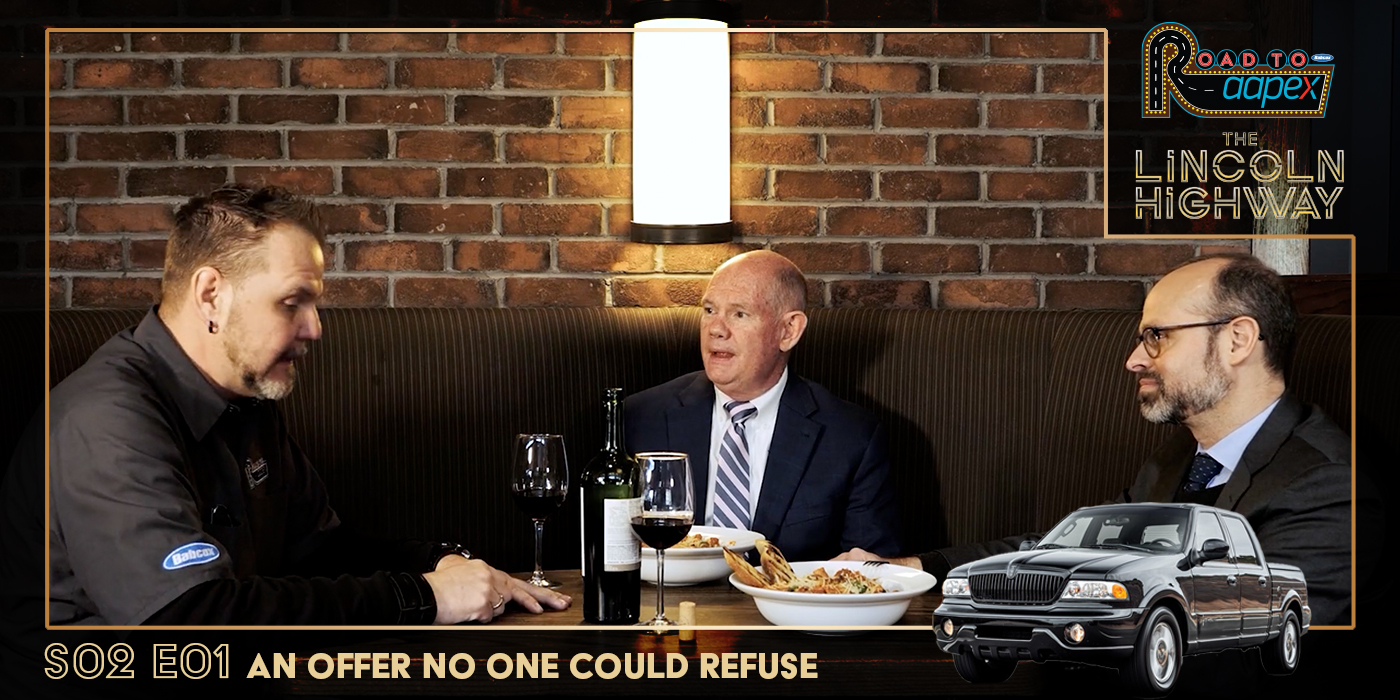
Road to AAPEX Ep. 2: Five score and 10 years ago, the Lincoln Highway paved the way for the future
Today, it’s the route for Babcox Media’s Joe Keene, an ASE-certified technician, who is charged with fixing a rare 2002 Lincoln Blackwood.
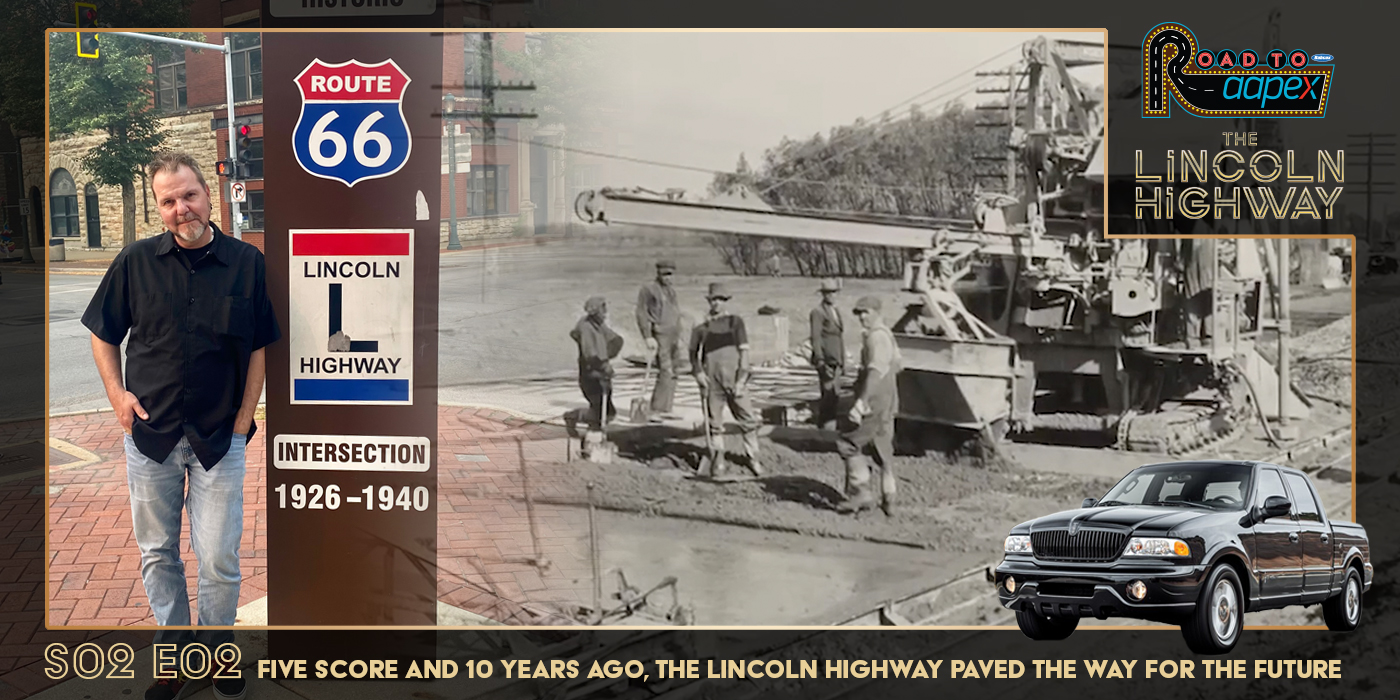
Road to AAPEX Ep. 3: A rare Lincoln Blackwood means a hunt for rare parts
Luckily, Joe Keene has the power of the aftermarket behind him.

Road to AAPEX Ep. 4, Part 1: Shifting vehicle service gears
See how the band of Blackwood service techs tackle the shifting challenges the truck presents.
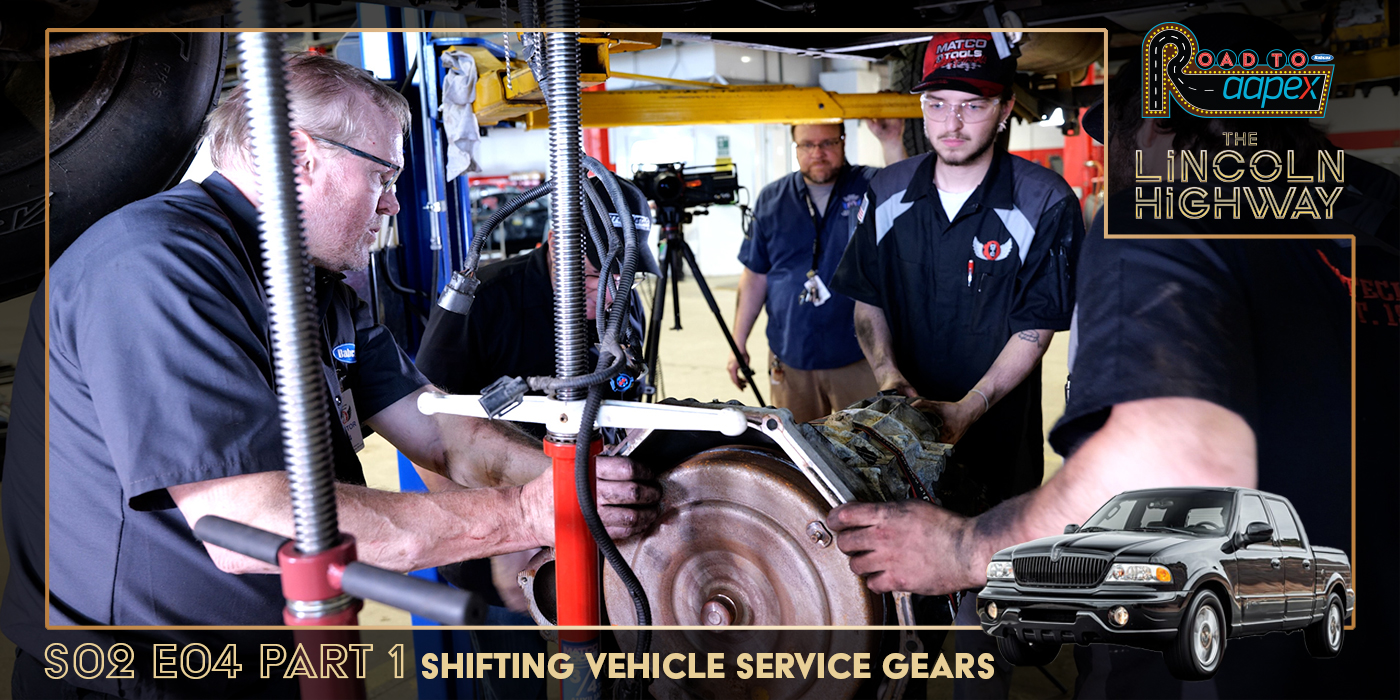
Road to AAPEX Ep. 4, Part 2: The Lincoln Blackwood’s big service needs
A paint job, a brake system overhaul, an exhaust system setup, and gasket replacements—the Blackwood gets a makeover.
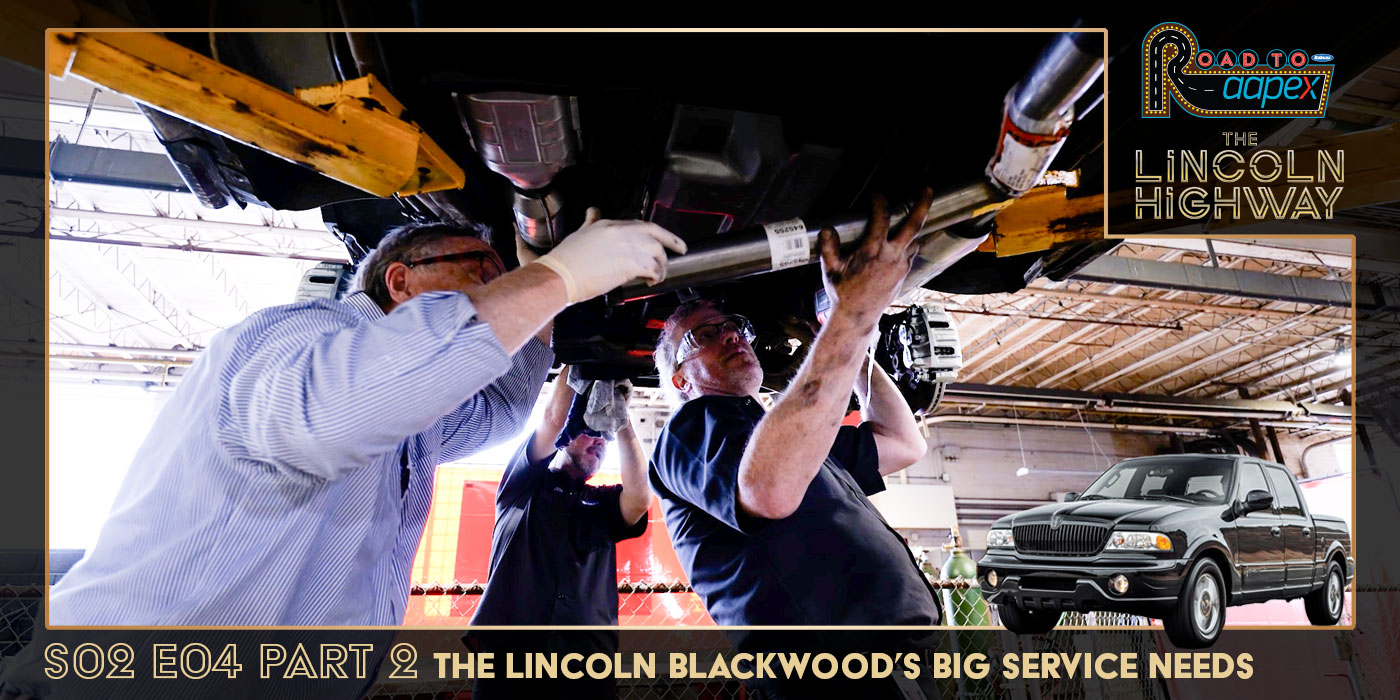
Passion, people drive Continental’s director of marketing
Learn more about the meaning of Continental’s new taglines for its Conti and General brands.
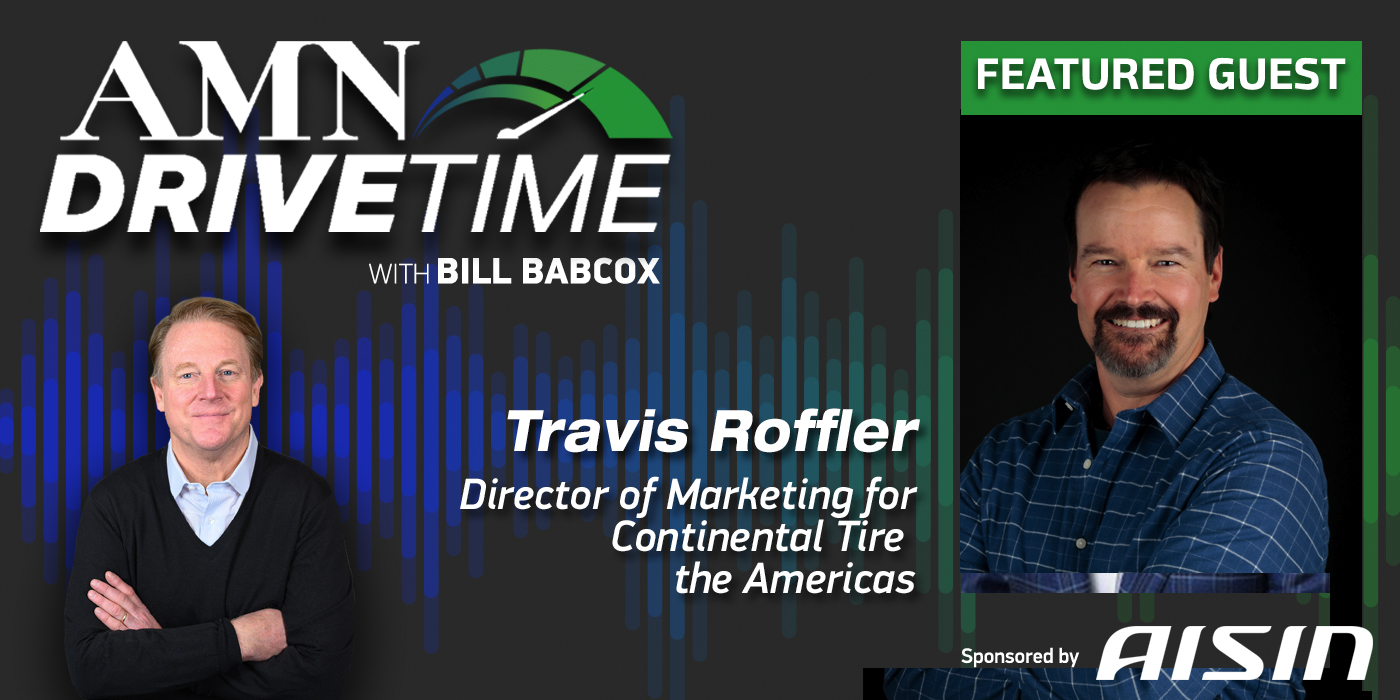
What to know about replacing air disc brake calipers
Even minor differences in caliper construction and performance can cause brake pull or lead one brake to drag and overheat.
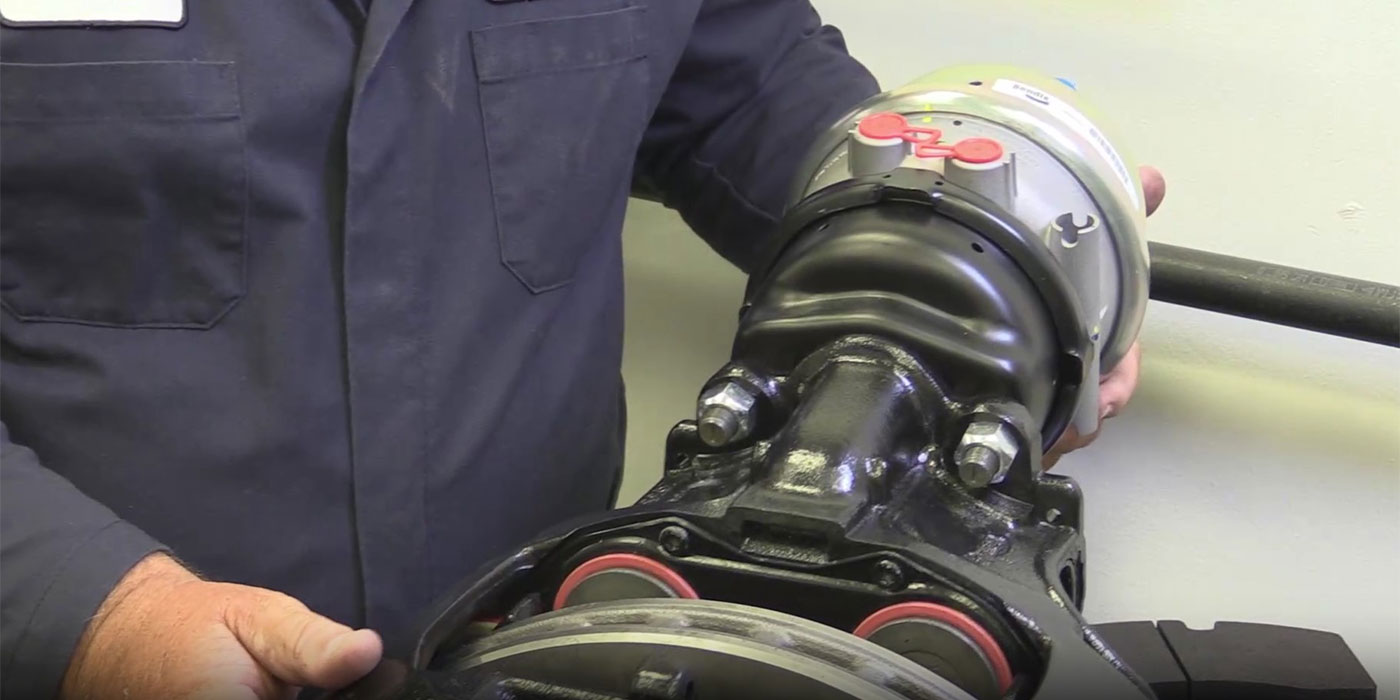
Atripco takes a proactive approach to driver training with help from CarriersEdge
Atripco continues to provide drivers with training courses to help them stay informed.
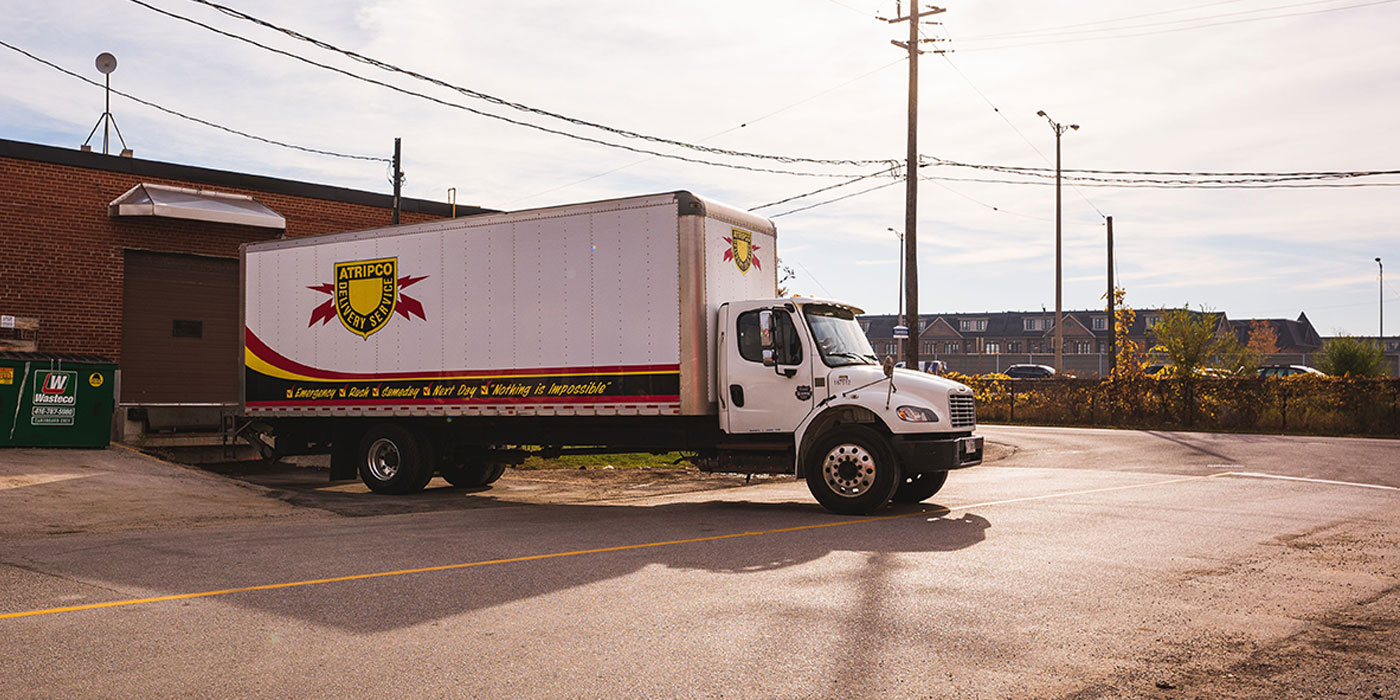
How Decker Truck Line leverages technology to improve operating efficiency
Company ownership remains under the Decker family lineage with Dale Decker’s grandson, Donald, serving as chairman of the board and Donald’s son Dale enlisted as CEO.
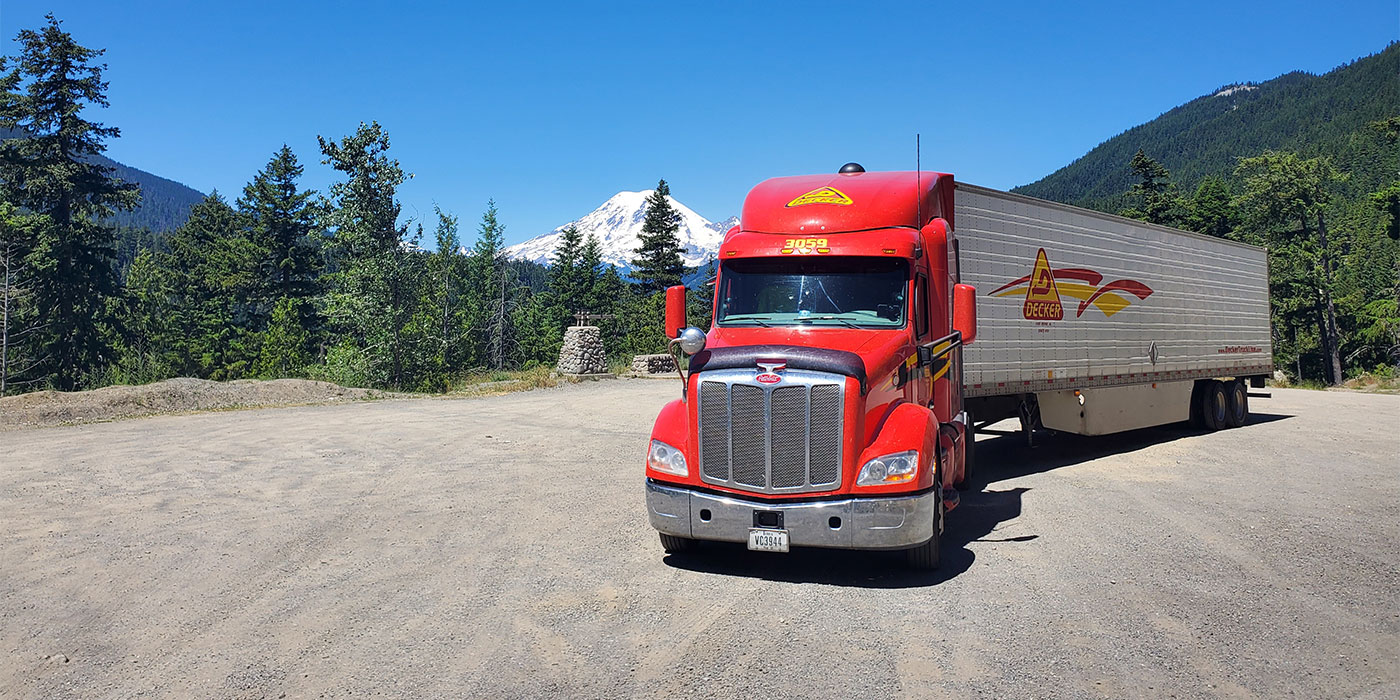
Get ready for winter and help protect against unexpected downtime
Get your preventive maintenance in before your wheel-ends are put to the tests of snow, ice, and more.

What you need to know about wheel seals with RevHD
Brian Beathard, vice president, sales and marketing, RevHD stopped by the Babcox Media studio to talk about the importance of wheel seals. In addition to providing top wheel seal spec’ing tips, Beathard talked about the RevHD Rev Max wheel seal orange top plate, which the company says allows customers to see in an instant whether the

